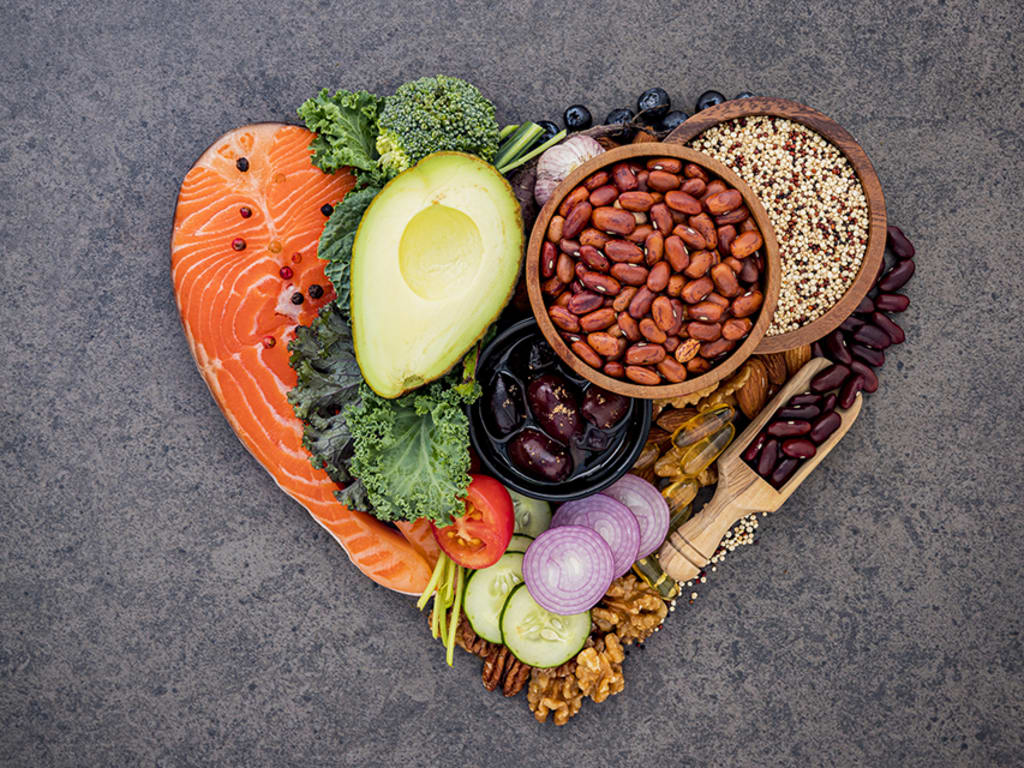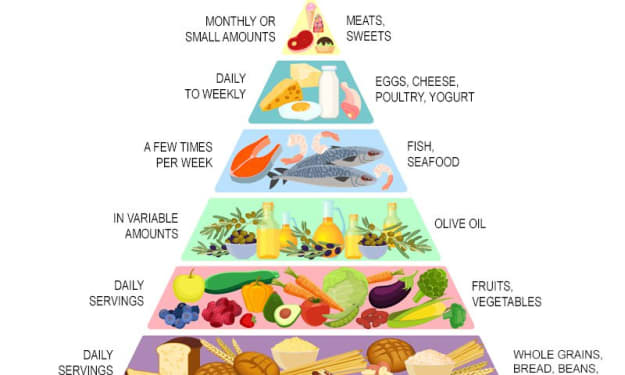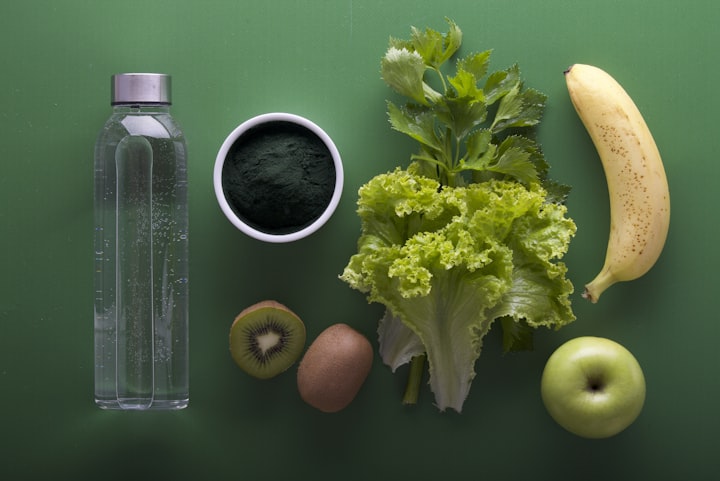Healthy diet for heart health
Nourishing Your Heart : Promoting Cardiovascular Health through a Healthy Diet and 10 Essential Tips

Maintaining a healthy diet is crucial for promoting heart health and reducing the risk of cardiovascular diseases. A heart-healthy diet focuses on consuming nutrient-dense foods that provide essential vitamins, minerals, and antioxidants while minimizing the intake of unhealthy fats, sodium, and added sugars. In this article, we will explore the principles of a healthy diet for heart health and provide ten practical tips to incorporate into your lifestyle.
Benefits of a Healthy Diet for Heart Health:
1. Lowering Blood Pressure: A heart-healthy diet can help lower high blood pressure, a significant risk factor for heart disease. By reducing sodium intake and consuming potassium-rich foods like fruits, vegetables, and legumes, you can help maintain healthy blood pressure levels.
2. Managing Cholesterol Levels: A healthy diet can help regulate cholesterol levels, particularly by reducing LDL (bad) cholesterol. Choosing healthier fats like monounsaturated and polyunsaturated fats found in nuts, seeds, avocados, and fatty fish, while limiting saturated and trans fats, can promote better heart health.
3. Maintaining a Healthy Weight: A balanced diet that includes whole foods, fiber-rich foods, and portion control can help you maintain a healthy weight. Excess weight can strain the heart and increase the risk of heart disease.
4. Promoting Overall Heart Function: A diet rich in fruits, vegetables, whole grains, lean proteins, and healthy fats provides essential nutrients, antioxidants, and fiber that support overall heart function and reduce the risk of heart disease.
10 Tips for a Heart-Healthy Diet:
1. Focus on Fruits and Vegetables: Aim to include a variety of colorful fruits and vegetables in your meals. They are rich in antioxidants, vitamins, minerals, and dietary fiber that support heart health.
2. Choose Whole Grains: Opt for whole grains like whole wheat, brown rice, quinoa, and oats. They provide fiber, B-vitamins, and minerals, and can help lower the risk of heart disease.
3. Include Lean Protein Sources: Select lean sources of protein such as skinless poultry, fish, legumes, tofu, and beans. These options are lower in saturated fat and can be part of a heart-healthy diet.
4. Limit Unhealthy Fats: Reduce saturated and trans fats found in fried foods, processed snacks, fatty cuts of meat, and full-fat dairy products. Instead, choose healthier fats like olive oil, avocados, nuts, and seeds.
5. Control Portion Sizes: Practice portion control to avoid overeating. Use smaller plates, measure portions, and be mindful of portion sizes when eating out.
6. Reduce Sodium Intake: Limit your intake of high-sodium foods like processed meats, canned soups, and fast food. Opt for herbs, spices, and natural flavorings to season your meals instead of salt.
7. Minimize Added Sugars: Limit the consumption of sugary beverages, desserts, and processed snacks. Choose natural sources of sweetness like fruits and opt for healthier alternatives when needed.
8. Prioritize Omega-3 Fatty Acids: Include fatty fish like salmon, mackerel, and sardines, as well as flaxseeds, chia seeds, and walnuts, which are rich in omega-3 fatty acids. These healthy fats have been linked to heart health.
General Daily and Weekly intake :
1. Salmon:
- Daily Intake: Aim to consume at least two servings (3.5 to 4 ounces per serving) of fatty fish like salmon per week.
- Weekly Intake: This would amount to approximately 7 to 8 ounces of salmon per week.
2. Mackerel:
- Daily Intake: Aim to consume at least two servings (3.5 to 4 ounces per serving) of mackerel per week.
- Weekly Intake: This would amount to approximately 7 to 8 ounces of mackerel per week.
3. Sardines:
- Daily Intake: Aim to consume at least two to three servings (1.5 to 2 ounces per serving) of sardines per week.
- Weekly Intake: This would amount to approximately 3 to 6 ounces of sardines per week.
4. Flaxseeds:
- Daily Intake: Aim to consume 1 to 2 tablespoons of ground flaxseeds daily.
- Weekly Intake: This would amount to approximately 7 to 14 tablespoons of ground flaxseeds per week.
5. Chia Seeds:
- Daily Intake: Aim to consume 1 to 2 tablespoons of chia seeds daily.
- Weekly Intake: This would amount to approximately 7 to 14 tablespoons of chia seeds per week.
6. Walnuts:
- Daily Intake: Aim to consume a small handful (about 1 ounce) of walnuts daily.
- Weekly Intake: This would amount to approximately 7 ounces of walnuts per week.
9. Stay Hydrated: Drink an adequate amount of water throughout the day to maintain overall health and hydration.
10. Practice Mindful Eating: Slow down during meals, chew your food thoroughly, and pay attention to your body's hunger and fullness cues. This can help prevent overeating and promote a healthier relationship with food.
Click here: https://www.digistore24.com/redir/283755/Lina-ci/
Remember, maintaining a heart-healthy diet is just one aspect of promoting heart health. Regular physical activity, stress management, and avoiding smoking are also crucial for overall cardiovascular well-being. Consulting with a registered dietitian or healthcare professional can provide personalized guidance tailored to your specific needs and health conditions.





Comments
There are no comments for this story
Be the first to respond and start the conversation.